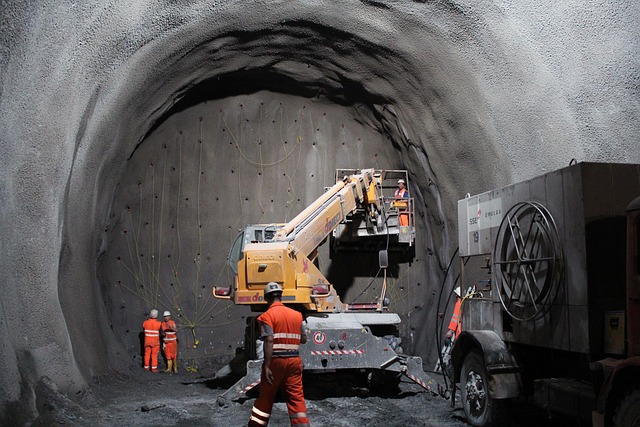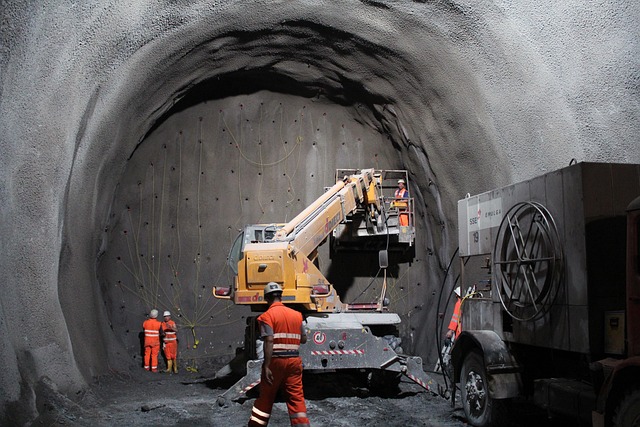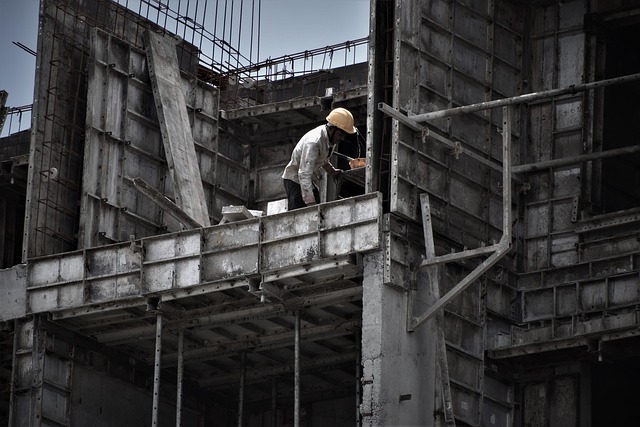Albany Construction Management (ACM) prioritizes successful building projects through a structured timeline with stages like pre-construction planning, design development, permitting, and construction execution. They utilize advanced project management software, cost impact analysis, and digital twin applications for efficient cost management and accurate forecasting, ensuring on-time completion within budget constraints while promoting sustainability. ACM professionals ensure safety oversight, budget management, resource allocation, and scope monitoring, leveraging online tools and integrating green product specifications for optimal process efficiency and stakeholder communication throughout the project lifecycle.
“Unraveling the intricacies of Albany Construction Management (CM) involves understanding its precise timeline, budgeting requirements, and key responsibilities. This comprehensive guide breaks down these critical aspects for a successful project. From defining the Albany CM timeline—a structured process vital for project delivery—to navigating budget considerations, we explore how to optimize resources. Additionally, we delve into the core roles of your CM, offering insights into what to expect from this essential partner in bringing your construction vision to life.”
- Understanding the Albany Construction Management Timeline
- Budgeting for Effective Albany Construction Management
- Key Responsibilities of Your CM: What to Expect
Understanding the Albany Construction Management Timeline

Understanding the Albany Construction Management Timeline is a crucial step in any building project. At Albany Construction Management, we’ve meticulously designed our timeline to ensure efficiency and quality throughout the construction process. Our standard timeline includes key stages such as pre-construction planning, design development, permitting, and construction execution, each with defined milestones and deliverables. This structured approach allows for better coordination among stakeholders, including architects, engineers, subcontractors, and clients.
By adhering to our Albany Construction Management Timeline, we aim to deliver projects on time and within budget. Our experienced team leverages advanced construction project management software and construction financial management tools to monitor progress and manage costs effectively. Additionally, we prioritize constructing cost-effective buildings and sustainable infrastructure, incorporating construction quality assurance programs to ensure the highest standards of craftsmanship and safety throughout every phase.
Budgeting for Effective Albany Construction Management

Effective budgeting is a cornerstone of successful Albany Construction Management. When planning for a construction project, a detailed cost impact analysis is essential to account for various expenses, from materials and labor to permits and inspections. A well-structured budget not only ensures financial stability but also allows for better resource allocation, helping to meet project milestones on time and within the allocated financial framework.
Digital twin applications play a significant role in enhancing budgeting precision. By utilizing advanced technology, Albany Construction Management can create digital replicas of physical assets, enabling cost forecasts that consider energy efficiency, maintenance requirements, and potential upgrades. Moreover, integrating renewable energy facilities into project plans further reduces operational costs over time while contributing to sustainability goals. This holistic approach ensures that budgetary decisions are not just short-term but also future-proof, reflecting the evolving landscape of construction and infrastructure development.
Key Responsibilities of Your CM: What to Expect

When it comes to your Albany Construction Management (CM), you can expect a range of key responsibilities that are crucial for project success. A comprehensive CM is well-versed in accident prevention training, ensuring safety across all construction sites. They play a pivotal role in managing project budgets, monitoring expenses, and allocating resources efficiently. Additionally, they orchestrate project scope management, ensuring every aspect aligns with the initial plan and design specifications.
Beyond traditional tasks, modern CMs often leverage advanced construction management tools online to streamline processes. They integrate green product specification into building plans, promoting sustainability and environmentally friendly practices. Effective communication and collaboration are cornerstones of their role, keeping all stakeholders informed and aligned throughout the project lifecycle.
In conclusion, implementing an effective Albany Construction Management (ACM) strategy requires a thorough understanding of timelines, budgeting, and defined roles. By following the outlined timeline and cost considerations, along with recognizing the key responsibilities of your CM, you can streamline construction projects and ensure successful outcomes. These insights empower project stakeholders to make informed decisions, ultimately enhancing the efficiency and effectiveness of ACM practices in Albany.














